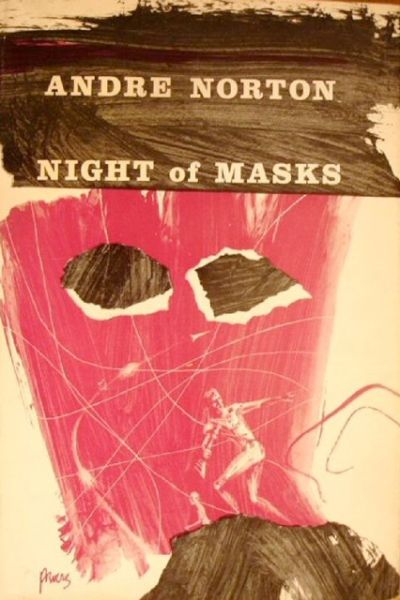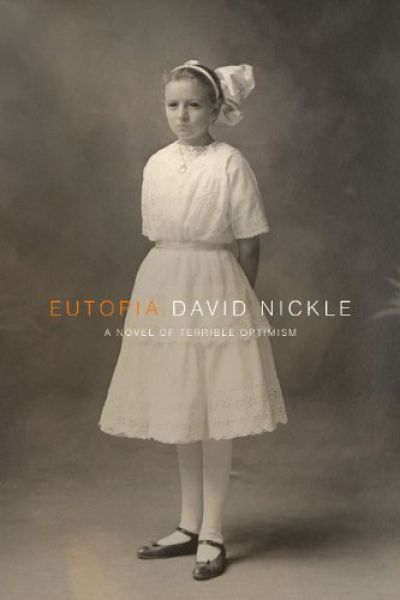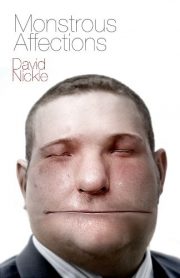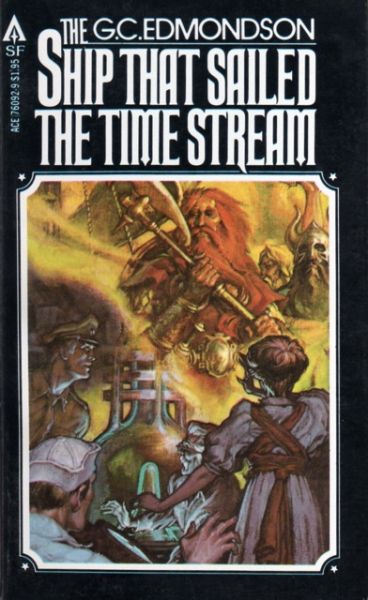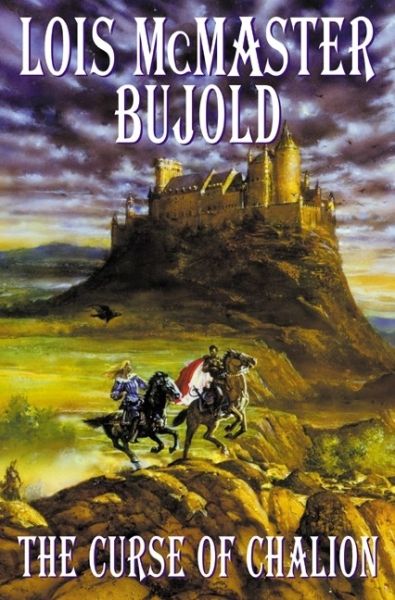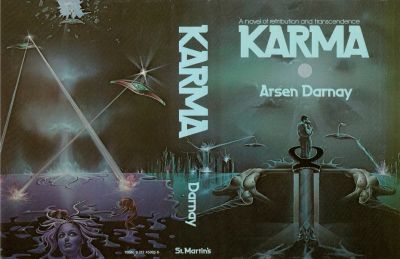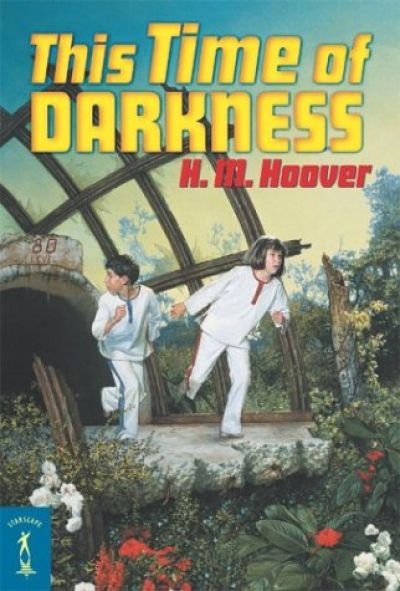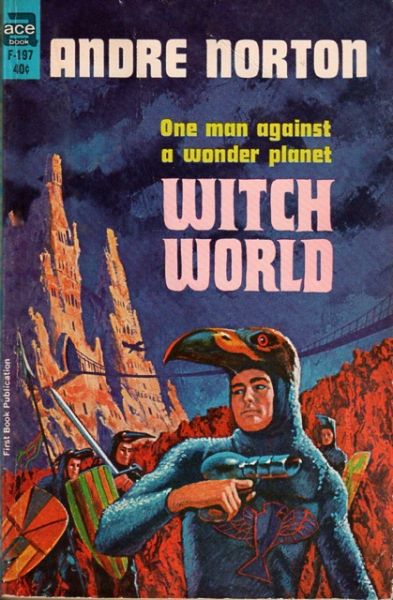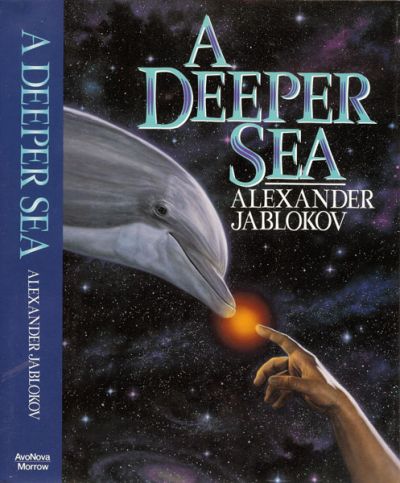Friday’s Big Sister
Rissa Kerguelen (Rissa Kerguelen, volume 1)
By F. M. Busby
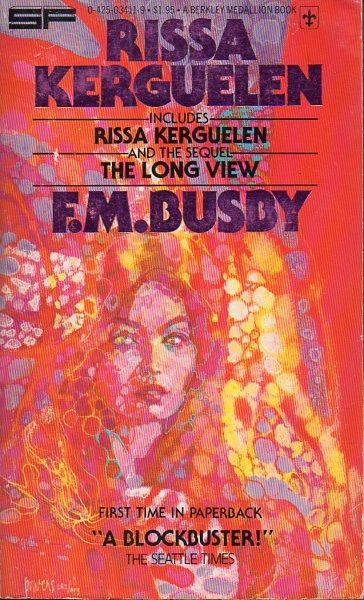
31 May, 2015
Because My Tears Are Delicious To You
0 comments
Francis Marion Busby (1921 – 2005) was a Hugo-winning fan [1] and a prolific author whose career ran from the 1950s to the 1990s. After 1970 his focus was increasingly on novels, not surprising given how the SF market evolved over the course of his career [2]. While strong female protagonists weren’t unknown in the 1970s, they weren’t exactly common; Busby’s 1977 Rissa Kerguelen—a lengthy reworking of two earlier works, 1976’s Rissa Kerguelen and The Long View—belongs to a select group.
I wish I had enjoyed re-reading it more. I wish it had been a book that I could have liked, unconditionally, when I first read it. I believe I have at least figured out why I did not. I hope my reasons are interesting.
